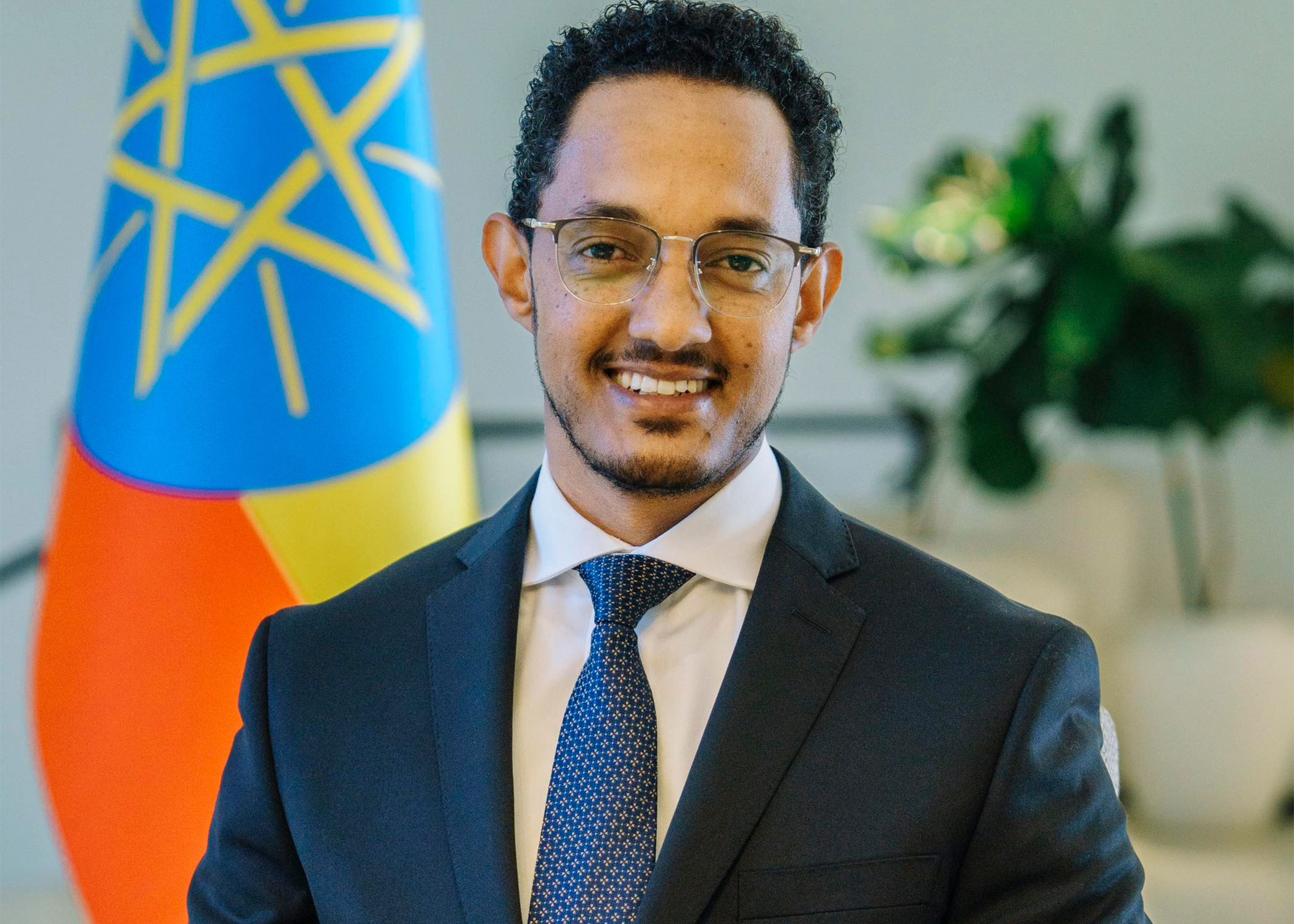
Jul 13 , 2025. By Ameenah Gurib- fakim ( Ameenah Gurib- fakim, the first female president of the republic of mauritius, is a distinguished adviser at the Global Network for africa’s Prosperity. this article first appeard on Project Syndicate. )
The 10 current BRICS+ members, more than most countries, can empathise with the economic and political injustices that Africans have experienced over the years. Many of them, including the continent’s three members – South Africa, Egypt, and Ethiopia – are all too familiar with the disastrous effects of colonialism and exploitation, the difficulty of creating prosperity for millions of people while shouldering an unsustainable debt burden, and the inequality built into the global financial system.
These links have helped promote a closer relationship between BRICS+ members and African countries over the last two decades. For the past 15 years, China has been Africa’s largest trading partner, with annual turnover now estimated at 295 billion dollars. The continent’s trade with other BRICS+ members has also increased, reaching 83 billion dollars with India in 2024, and more than 21 billion dollars with Brazil in 2023.
These relationships have pushed many African countries toward industrialisation. But only South Africa, Egypt, and Morocco have developed any significant amount of industrial power. For the rest of the continent, three major obstacles stand in the way: a huge energy gap, unsustainable debt burdens, and worsening climate change. To overcome these barriers, Africa should develop a strategic partnership with the BRICS+. This partnership would yield other mutually beneficial results, including economic growth and shared prosperity.
The timing is right. More than ever before, Africa is facing growth pressures as evidenced by its exploding working-age population. The BRICS+ bloc is also at a crucial point as it seeks to assert itself on the world stage, develop a new form of multilateralism based on mutualism, expand the New Development Bank, and admit more members. The group is attempting to do all this while navigating delicate relations with the United States (US).
A strategic partnership with Africa would allow the BRICS+ bloc to advance its vision for a world where all countries are respected and work together to solve common problems and pursue green development. But to drive growth, its members will need to become co-investors, rather than merely creditors. They should also help African countries address the obstacles to their development, particularly the energy and debt crises.
China, one of the most powerful BRICS+ members and the world’s clean-energy leader, could help Africa harness its abundant renewable-energy potential. The continent is home to 60pc of the best solar resources globally, but only one percent of installed solar capacity. By contrast, 64pc of all renewable energy capacity added last year was installed in China, which accounts for 60pc of the world’s production capacity in green-tech sectors and dominates solar supply chains. As part of a strategic partnership with Africa, China and other BRICS+ countries could co-establish clean-tech manufacturing and assembly plants on the continent. This would create new markets for renewables while also lowering energy costs for Africans.
There is also the question of debt relief. Sovereign-debt restructurings have been inefficient and ineffective because powerful bilateral and multilateral creditors cannot agree on how to handle them. Improving these processes requires political goodwill. China has shown that this is possible by forgiving 3.4 billion dollars in African debt, as well as 23 interest-free loans for 17 African countries.
BRICS+ countries could oversee the creation of a multilateral framework, tailored to low-income countries, that could convene all creditor classes, including private bondholders and multilateral development banks. This would also facilitate market creation and facilitate geopolitical ties between the bloc’s members and African countries, the foundations of a prosperous future for all.
With the right strategic partners, Africa could become very wealthy in a short period of time. The BRICS+ bloc should begin laying the groundwork for this geopolitical and economic alliance with the continent. Brazil, as the current president, and South Africa, as the group’s first African member, can ensure that an African partnership is at the top of the agenda.
Deepening cooperation with African countries would create future economic benefits for BRICS+ members. But perhaps more importantly, it would signal the group’s willingness to provide equitable opportunities to the broader Global South.
PUBLISHED ON
Jul 13,2025 [ VOL
26 , NO
1315]

Photo Gallery | 173764 Views | May 06,2019

Photo Gallery | 163988 Views | Apr 26,2019

Photo Gallery | 154039 Views | Oct 06,2021

My Opinion | 136572 Views | Aug 14,2021

Oct 11 , 2025
Ladislas Farago, a roving Associated Press (AP) correspondent, arrived in Ethiopia in...

Oct 4 , 2025
Eyob Tekalegn (PhD) had been in the Governor's chair for only weeks when, on Septembe...

Sep 27 , 2025
Four years into an experiment with “shock therapy” in education, the national moo...

Sep 20 , 2025
Getachew Reda's return to the national stage was always going to stir attention. Once...